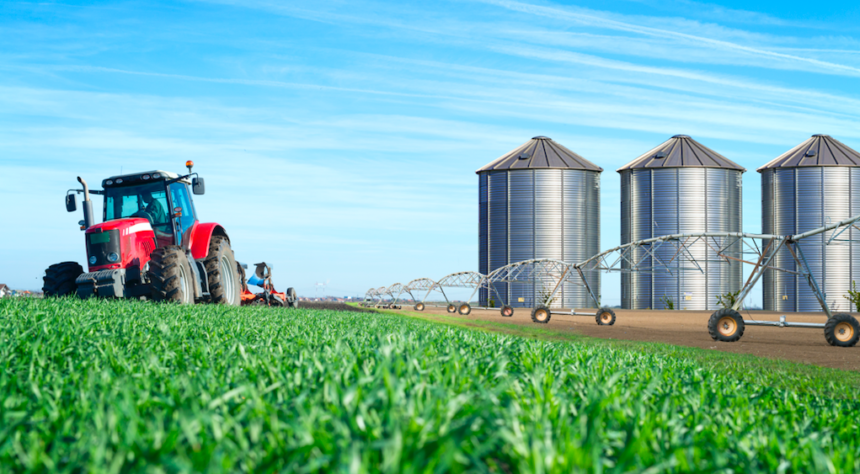Agriculture plays a vital role in feeding the South Africa’s growing population and sustaining rural economies. While farming is the most commonly recognized sector of agriculture, the industry encompasses various other sectors that contribute to the overall agricultural landscape. Understanding these sectors is essential for anyone interested in the field. Here are ten sectors of agriculture you should know about in South Africa:
- Crop Production: Crop production involves the cultivation of plants for food, fiber, or medicinal purposes. This sector includes growing staple crops such as grains (wheat, rice, corn) and oilseeds (soybeans, sunflowers), as well as specialty crops like fruits, vegetables, herbs, and spices.
- Livestock Production: Livestock production focuses on raising animals for meat, milk, eggs, or fiber. This sector includes beef and dairy cattle, poultry (chickens, turkeys), pigs, sheep, goats, and other animals. Livestock production often involves animal nutrition, breeding, health management, and ensuring welfare standards.
- Aquaculture: Aquaculture involves the cultivation of aquatic organisms such as fish, shellfish, and aquatic plants in controlled environments like ponds, tanks, or cages. It plays a significant role in supplying seafood and can contribute to food security and economic development.
- Forestry: Forestry focuses on the management and cultivation of forests for timber production, ecosystem conservation, and environmental benefits. This sector involves activities such as timber harvesting, reforestation, forest management planning, and the sustainable use of forest resources.
- Horticulture: Horticulture encompasses the cultivation of plants for ornamental purposes, landscaping, and specialty crops. This sector includes the production of flowers, ornamental plants, nursery plants, and greenhouse crops like potted plants and vegetables.
- Agribusiness and Agricultural Marketing: Agribusiness refers to the business activities related to agriculture, including farming, processing, storage, distribution, and marketing of agricultural products. This sector involves activities such as farm management, food processing, agricultural equipment manufacturing, and agricultural input supply.
- Agricultural Technology (AgTech): AgTech involves the application of technology in agriculture to enhance productivity, efficiency, and sustainability. This sector encompasses innovations such as precision farming, remote sensing, drones, genetic engineering, biotechnology, and farm management software.
- Agricultural Research and Development: Agricultural research and development contribute to advancements in crop improvement, livestock genetics, sustainable farming practices, and agricultural innovations. This sector involves research institutions, universities, and government agencies working on improving agricultural productivity, sustainability, and resilience.
- Agricultural Education and Extension: Agricultural education and extension services provide knowledge and training to farmers, agribusiness professionals, and rural communities. This sector focuses on disseminating information about best farming practices, new technologies, market trends, and policy developments.
- Agricultural Policy and Advocacy: Agricultural policy and advocacy involve the development, implementation, and evaluation of policies that affect the agricultural industry. This sector includes government agencies, non-profit organizations, and industry associations working to shape agricultural policies, promote rural development, and advocate for the interests of farmers.
Understanding these ten sectors of agriculture provides a broader perspective on the diverse opportunities and challenges within the industry. Whether you’re a farmer, entrepreneur, researcher, or policymaker, having knowledge about these sectors can help you navigate the dynamic and evolving field of agriculture and contribute to its sustainable growth and development.
Join 'Farmers Mag' WhatsApp Channel
Get the latest Farming news and tips delivered straight to your WhatsApp
CLICK HERE TO JOIN






